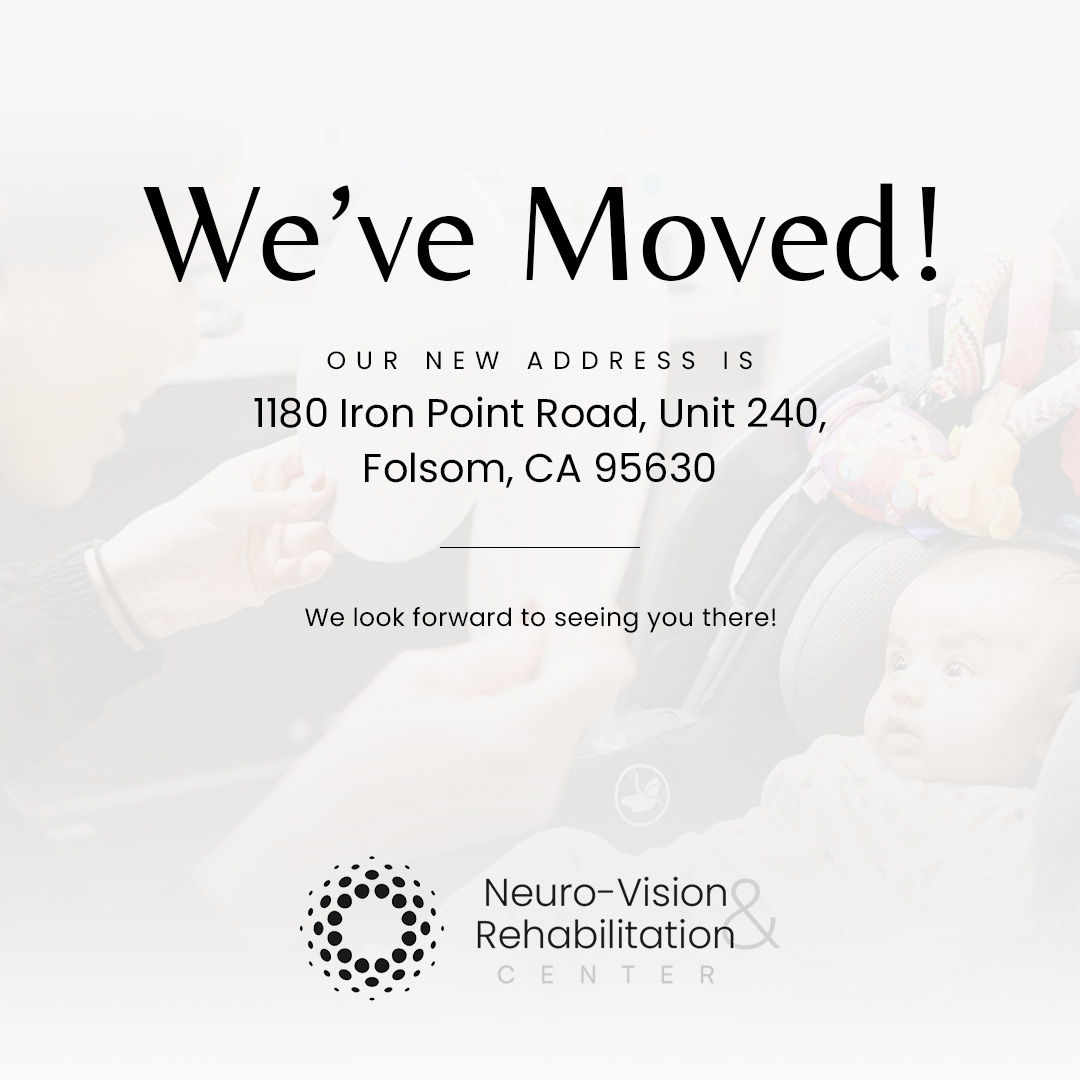
Primitive reflexes are automatic movements that infants are born with, instinctive responses that originate in the brainstem and play a crucial role in early development. These reflexes are necessary for survival and motor development in the first year of life. However, if they don’t integrate properly, they may interfere with a child’s growth, learning, and behavior.
What Are Primitive Reflexes?
Primitive reflexes include movements such as the Moro reflex (startle response), palmar grasp, rooting, and asymmetrical tonic neck reflex (ATNR). These reflexes typically emerge in utero and are expected to integrate or disappear by 12 to 24 months of age. Their integration is a sign that the child’s neurological system is developing as it should.
Why Are They Important?
Primitive reflexes are the building blocks of brain development. They support functions such as posture control, coordination, sensory processing, and learning. When these reflexes persist beyond infancy, they can be a sign of neurodevelopmental delays. Children with retained reflexes may show signs of:
Poor coordination or clumsiness
Learning difficulties (especially with reading and writing)
Emotional outbursts or difficulty self-regulating
Visual-motor delays
Challenges with attention and focus
How Unintegrated Reflexes Affect Vision Development
Many primitive reflexes are directly connected to visual function. For instance, the ATNR affects eye tracking and hand-eye coordination. If unintegrated, a child may have difficulty reading across a page, copying from a board, or comfortably maintaining visual focus. These challenges can lead to frustration in school and impact overall academic performance.
The Importance of Infant Eye Exams
At Neuro-Vision & Rehabilitation Center, we provide comprehensive infant eye exams that go far beyond checking for clear vision. These early evaluations are essential for understanding how well a baby’s visual system is developing in connection with their brain and motor functions. During the exam, we assess:
Eye alignment and movement coordination
Early visual-motor development
Depth perception and spatial awareness
Indicators of retained primitive reflexes
Detecting visual or developmental concerns early in life allows for timely intervention. Early action supports healthier neurological development and sets the foundation for lifelong learning and growth.
Schedule Your Infant’s Eye Exam Today for a Stronger Start Tomorrow
Primitive reflexes play a foundational role in early childhood development, particularly in how infants begin to see, move, and interact with the world. When these reflexes do not integrate as expected, they can impact visual development, coordination, and learning down the line. A comprehensive infant eye exam is one of the most effective ways to catch these issues early and support your child’s developmental journey from the start.
If you have concerns about your baby’s vision or development, schedule an infant eye exam at Neuro-Vision & Rehabilitation Center. Visit our office in Folsom, California, or call (279) 321-9059 to book an appointment today.












